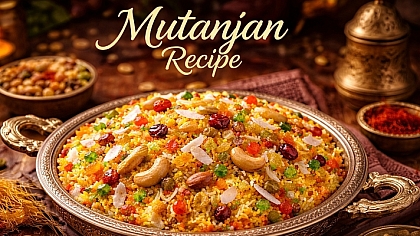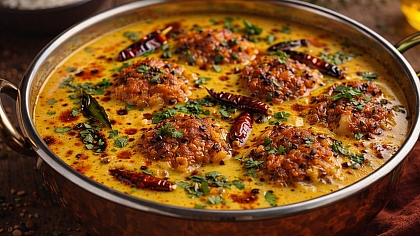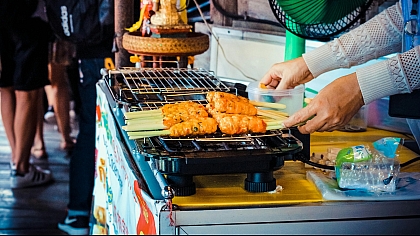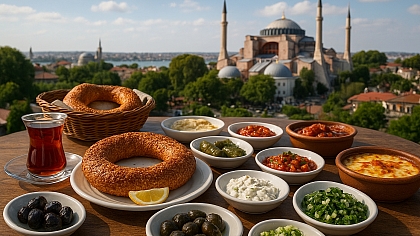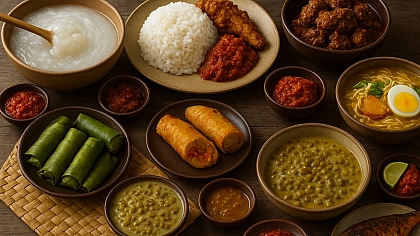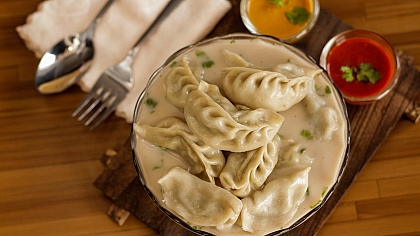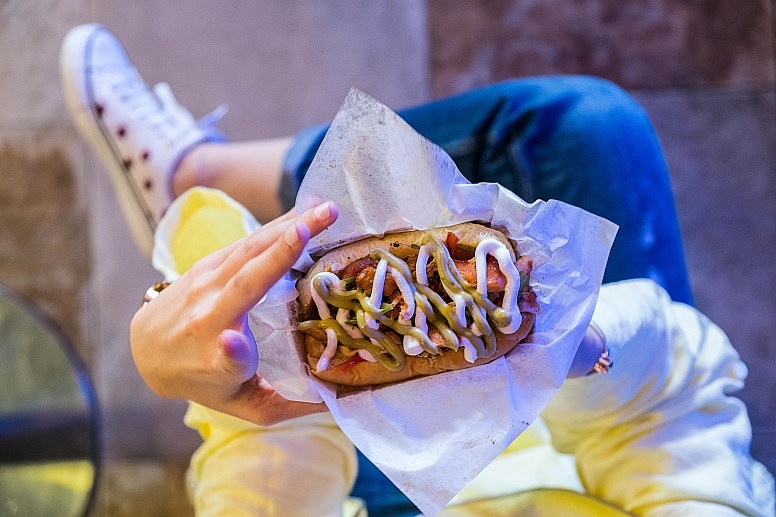
Essential Tips for an Unforgettable Food Travel Experience
Food has become one of the most powerful ways to experience the world. From savoring handmade pasta in Italy to sampling street food in Bangkok, culinary travel offers a window into local culture and history.
According to Grand View Research, the global food tourism market was worth USD 11.5 billion in 2023. It is expected to reach USD 40.53 billion by 2030, growing at a CAGR of 19.9% from 2024 to 2030. This remarkable growth reflects the rising consumer spending on travel and a deepening appreciation for authentic, locally sourced food experiences.
Today’s travelers are no longer content with sightseeing alone. They seek to taste the destinations they visit. Whether it’s discovering hidden cafés, learning traditional recipes, or dining with locals, food tourism has become an enriching part of global exploration.
This article discusses essential tips to make every food travel experience truly unforgettable. It explores how thoughtful planning, cultural etiquette, and safety awareness can help travelers stay mindful while discovering diverse culinary landscapes globally.
Research the Culinary Landscape
Researching a destination’s culinary landscape is essential for a richer travel experience. Discover which dishes define the region, the stories behind them, and where locals truly dine. While travel blogs and guides offer useful tips, speaking with residents often uncovers hidden gems beyond the reach of mass tourism.
Cultural etiquette is equally important, and some traditions may surprise you. For example, according to Reader’s Digest, in China, Turkey, Taiwan, Egypt, and parts of the Middle East, belching is considered a compliment. In Japan, slurping noodles signals appreciation for a meal. By contrast, in the United States, both actions are generally viewed as impolite.
Dining customs can also vary widely. In Ethiopia, meals are traditionally eaten with the hands, whereas in many other countries, cutlery is commonly used. Exploring local markets and family-run restaurants also helps you understand how food shapes communities and lets you discover authentic culinary experiences.
Explore Street Food Safely
Street food is often the heart of a destination’s culinary identity. From tacos in Mexico City to satay in Jakarta, these affordable and flavorful meals provide an authentic taste of local culture. However, safety should always come first. As USA Today notes, adventurous travelers are increasingly taking risks, inspired by shows featuring exotic dishes.
Foods to avoid while traveling:
-
Raw or undercooked meat and seafood: Risky in hot climates or inland areas.
-
Buffets: Bacteria can thrive in lukewarm food.
-
Dairy in hot climates: Unpasteurized milk, soft cheeses, and sauces spoil quickly.
-
Pre-cut fruit and salads: Local water may be contaminated.
-
Improperly handled street food: Explore with a trusted local guide to reduce risk.
To enjoy street food safely, stay hydrated and carry any recommended digestive aids to prevent stomach issues.
Stay Aware of Local Laws and Safety Issues
Food travel can be exciting, but personal safety during transportation and dining excursions should always come first. For instance, in many metropolitan cities, travelers rely on ride-hailing services like Uber or Lyft to move between restaurants and night markets. However, safety concerns have grown, particularly following the Uber sexual assault lawsuit.
According to TorHoerman Law, thousands of passengers have filed claims after experiencing violence during rides arranged through the platform. The central allegation against Uber is its failure to implement adequate safety measures and driver background checks to prevent assault.
When using ride-hailing services, always verify the driver’s name, car model, and license plate before entering. Share your ride details with friends or family and avoid accepting unsolicited rides. For late-night travel after food tours or tastings, pre-arrange transport through verified apps or hotel services.
Being aware of local emergency contacts and legal resources ensures peace of mind, letting you enjoy your culinary adventures safely.
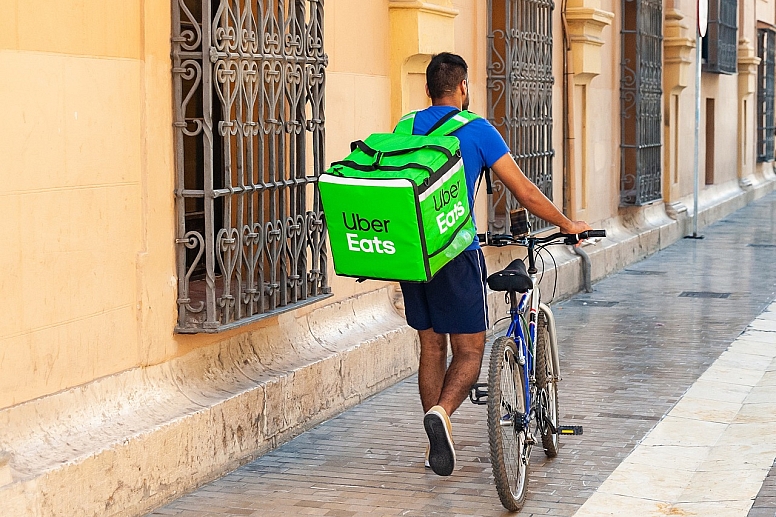
Take Culinary Classes and Food Tours
Taking culinary classes or joining food tours can elevate your travel experience by offering an interactive taste of local culture. Travelers learn from local chefs and guides who share authentic cooking techniques, traditional recipes, and the stories behind regional cuisine.
According to Statista, among the world’s most visited cities, London led with 385 food and drink tours in June 2020. It was followed by Paris and New York. These numbers highlight how culinary tourism allows travelers to connect with global food traditions.
Whether kneading dough in an Italian farmhouse or sampling sushi in Tokyo, many tours now also emphasize sustainability and ethical sourcing. Beyond enriching your palate, participating in these experiences supports local economies and fosters a deeper appreciation for the cultures behind the cuisine.
Respect Dietary Differences and Local Customs
Culinary exploration requires cultural sensitivity. Many destinations have deeply rooted dietary traditions influenced by religion or local history. For instance, pork may be forbidden in Muslim regions, while beef is avoided in Hindu cultures. Understanding such nuances honors local communities and enhances mutual respect.
If you follow a specific diet, such as vegan, gluten-free, or kosher, communicate respectfully with restaurant staff. Learning basic food-related phrases in the local language makes it easier to explain your needs and avoid misunderstandings. Travelers can also download translation or allergy-alert apps to make communication smoother.
Support Local Sustainability
A powerful way to make your food travels meaningful is by supporting sustainable practices. Opt for eateries and markets that emphasize local produce, ethical fishing, and responsible farming. This not only reduces the carbon footprint of your journey but also directly supports local communities.
Additionally, exploring farm-to-table dining or visiting local vineyards provides a deeper understanding of the connection between a region’s environment and cuisine.
This mindful approach reflects growing global awareness. A 2023 international Sodexo/Harris Interactive study found that 79% of respondents across the US, UK, France, and Brazil consider adopting sustainable eating habits urgent. Furthermore, 75% view sustainable food positively, associating it with optimism and pleasure.
By consciously choosing sustainable options on your trip, you contribute to this positive, necessary change.
FAQs
What health risks are associated with eating street food?
Eating street food can pose health risks such as foodborne illnesses, stomach infections, and food poisoning. Common causes include improperly cooked or stored food, contaminated water, and poor hygiene practices by vendors. Raw seafood, undercooked meat, unpasteurized dairy, and pre-cut fruits or salads carry higher risks.
What should I do if I experience harassment while traveling?
If you experience harassment while traveling, prioritize your safety first. Move to a safe location, contact local authorities, and seek help from your hotel or nearby staff. Document the incident, report it to your embassy or consulate if needed, and reach out to trusted friends or family for support.
Are cooking classes abroad worth it for beginners?
Yes, cooking classes abroad are valuable for beginners. They provide hands-on experience, teach authentic techniques, and introduce local ingredients and flavors. Guided by experienced chefs, beginners gain confidence in preparing dishes while learning cultural context, making the experience both educational and enjoyable.
Food travel is an immersive journey into culture, tradition, and community. By staying curious, mindful, and safe, every culinary adventure can be both enriching and memorable. Ultimately, the best food experiences are those that nourish not just the palate, but also the mind and heart.

